The History of Slavery: A Global Perspective
4 April 2025
Slavery has been an unfortunate part of human history for thousands of years. While most people associate slavery with the transatlantic slave trade, its roots run much deeper and stretch across the entire globe. From ancient civilizations to modern times, slavery has evolved in different forms, leaving behind scars that still impact societies today.
In this article, we’ll take a journey through time to understand the origins, expansion, and eventual abolition of slavery on a global scale.
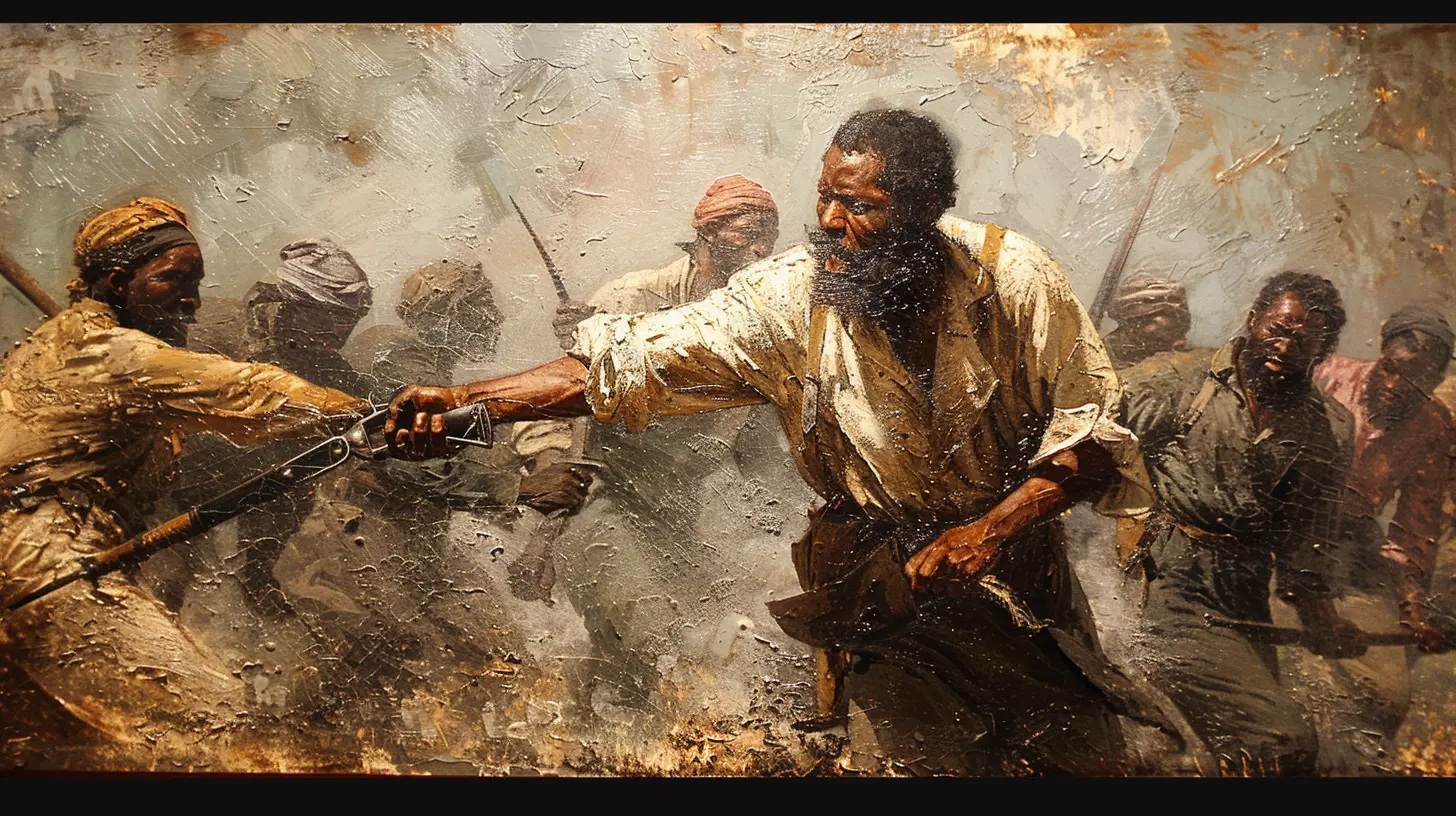
Ancient Slavery: The Birth of Forced Labor
Slavery in Early Civilizations
Slavery is not a new concept—it dates back to the earliest civilizations. In places like Mesopotamia, Egypt, Greece, and Rome, slavery was a normal part of life.- Mesopotamia (Sumerians and Babylonians): Some of the earliest records of slavery come from Mesopotamia. In these societies, slaves were often prisoners of war or individuals who had fallen into debt and sold themselves or family members into servitude.
- Ancient Egypt: The Egyptians used enslaved people, many of whom were captives from conquests, to build massive structures, including pyramids. However, many laborers working on these grand projects were paid workers rather than slaves.
- Greece and Rome: The economies of both Greece and Rome relied heavily on enslaved individuals. In Greece, slaves were commonly used in households, mines, and fields. Meanwhile, Rome built an empire on the backs of enslaved people, using them in virtually every aspect of life, from gladiator arenas to domestic service.
Slavery in Asia and Africa
While much focus is placed on Western slavery, Asia and Africa also had systems of forced labor.- China: Slavery existed in China for thousands of years, with enslaved people often being criminals, debtors, or prisoners of war.
- Africa: Many African societies practiced slavery long before European involvement. Enslaved individuals could be war captives, criminals, or debtors. Unlike in the transatlantic slave trade, African slavery was often less brutal, with some enslaved people having rights and opportunities for social mobility.
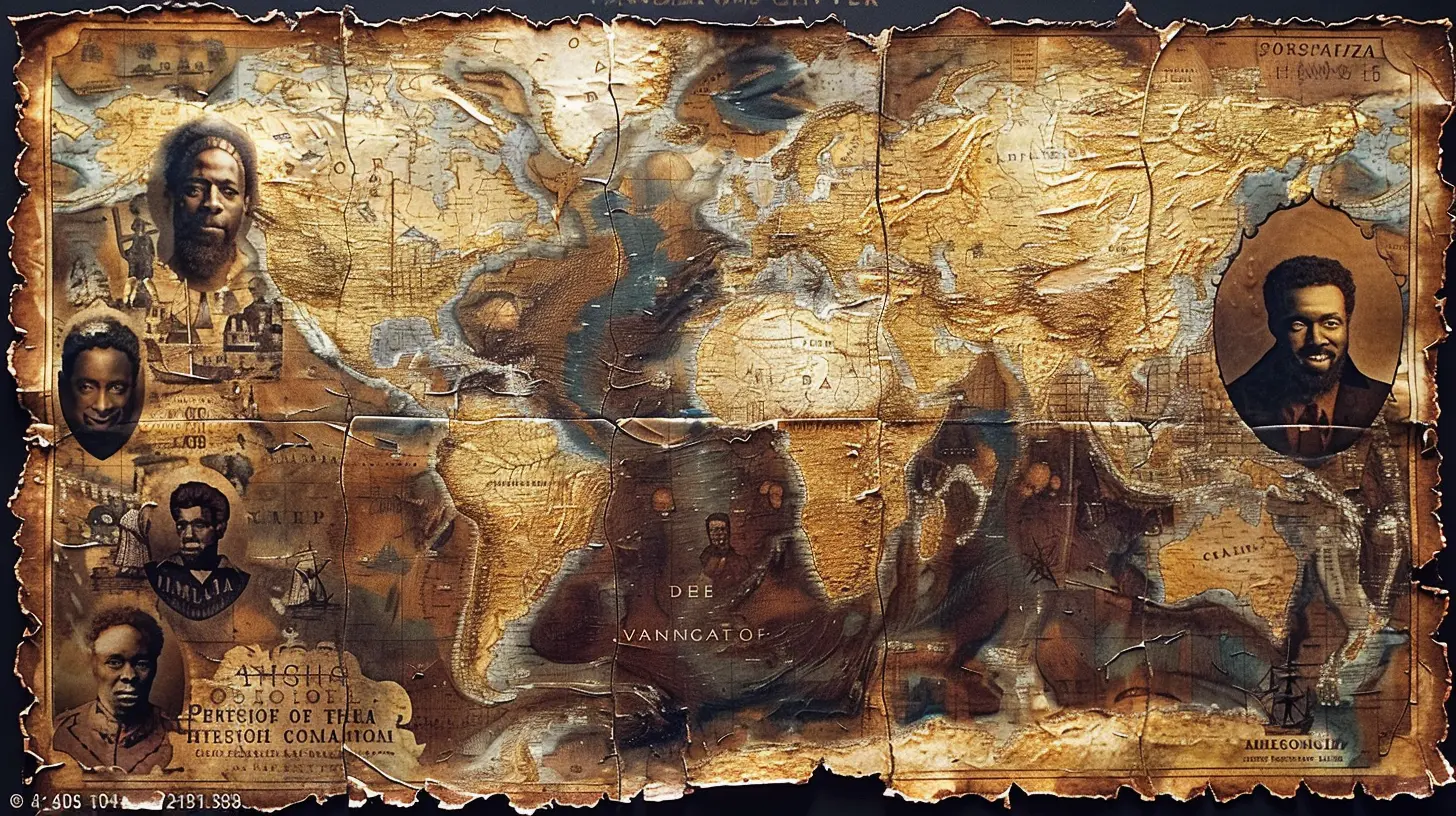
The Transatlantic Slave Trade: A Dark Chapter
The Rise of the Atlantic Slave Trade
The 15th to 19th centuries saw one of the most horrific chapters of human history—the transatlantic slave trade. European nations such as Portugal, Spain, Britain, and France set up massive operations to capture and transport millions of Africans to the Americas.Enslaved Africans were taken from their homelands and forced onto overcrowded ships, enduring the infamous _Middle Passage_. This journey across the Atlantic was horrific, with disease, malnutrition, and abuse killing many before they even reached the other side.
Why Was Slavery So Widespread in the Americas?
The European colonies in the Americas needed labor to work their plantations. Crops like sugar, cotton, and tobacco required an intense workforce, and slavery provided a cheap, abundant labor supply.- Brazil and the Caribbean: Portuguese and Spanish colonies heavily relied on enslaved Africans for sugarcane plantations. Brazil alone imported nearly 40% of all enslaved Africans transported to the Americas.
- North America: The British colonies, particularly in the South, used enslaved people to work on plantations growing tobacco, rice, and cotton.
Resistance and Rebellions
Despite the brutal conditions, enslaved people resisted in various ways. Some fled to form maroon communities, while others rebelled openly. Notable examples include:- The Haitian Revolution (1791-1804): Enslaved Africans in Haiti, led by Toussaint Louverture, successfully overthrew their French colonizers, establishing the first free Black republic.
- Nat Turner’s Revolt (1831): A rebellion in the United States led by Nat Turner shook the foundations of American slavery, showing that enslaved individuals would fight for their freedom.
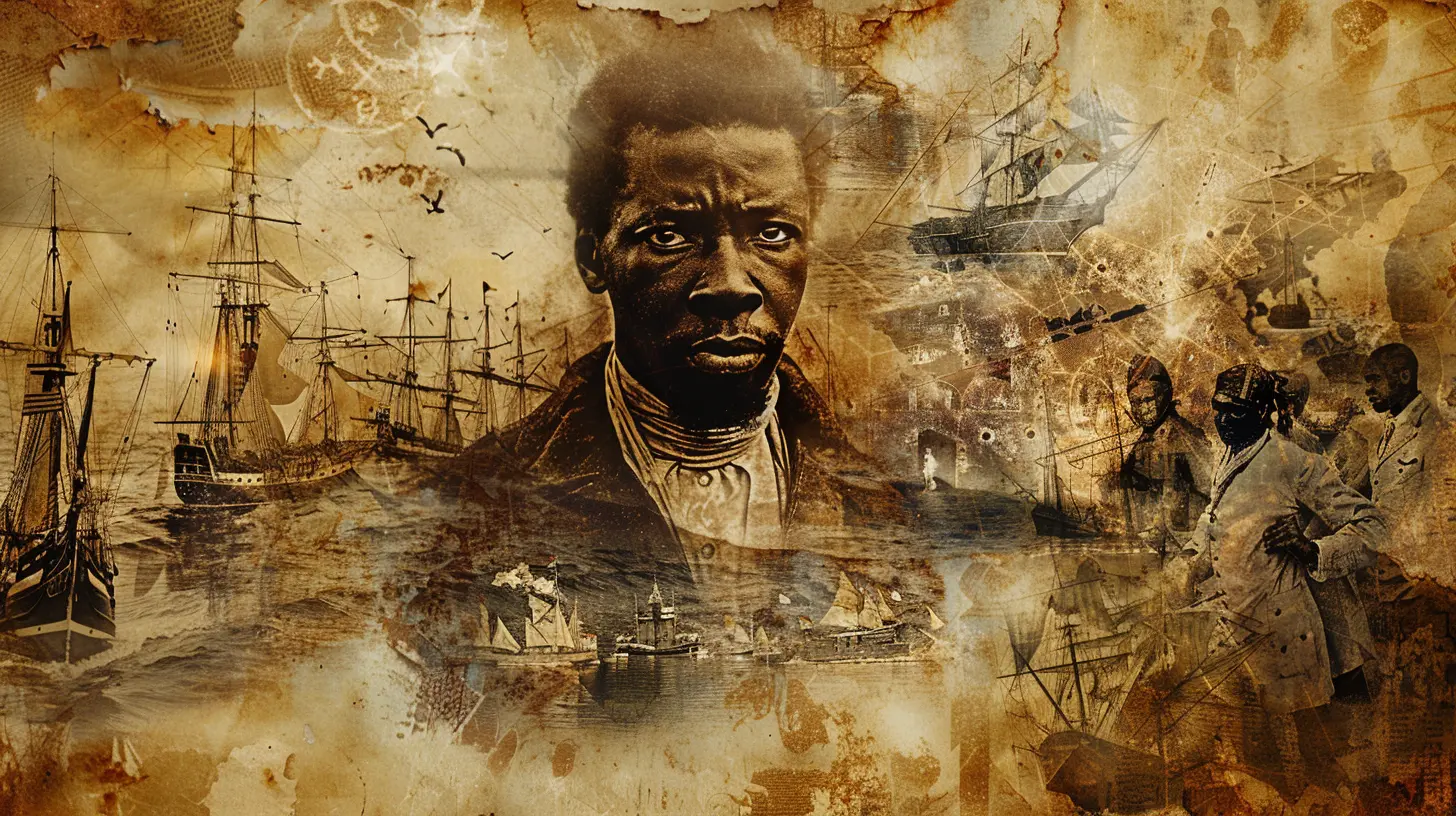
Abolition Movements: The Fight for Freedom
The Shift in Perspectives
By the late 18th and early 19th centuries, societies began questioning the morality of slavery. The rise of Enlightenment ideas, religious movements, and economic changes helped fuel abolitionist efforts.- Quakers and Religious Groups: Religious groups like the Quakers were among the first voices against slavery, arguing that it was morally wrong.
- Abolitionist Movements: Figures like Frederick Douglass, Sojourner Truth, and Olaudah Equiano spoke out against the horrors of slavery, inspiring change.
Legal Abolitions Across the World
- Britain: The British Empire abolished the slave trade in 1807 and outlawed slavery entirely in 1833.- United States: The U.S. ended slavery with the Emancipation Proclamation (1863) and the 13th Amendment (1865) after the Civil War.
- Latin America: Many Latin American nations phased out slavery throughout the 19th century.
- Africa and Asia: Slavery remained legal in some regions into the 20th century, with countries like Saudi Arabia and Mauritania officially banning it only in the late 20th century.
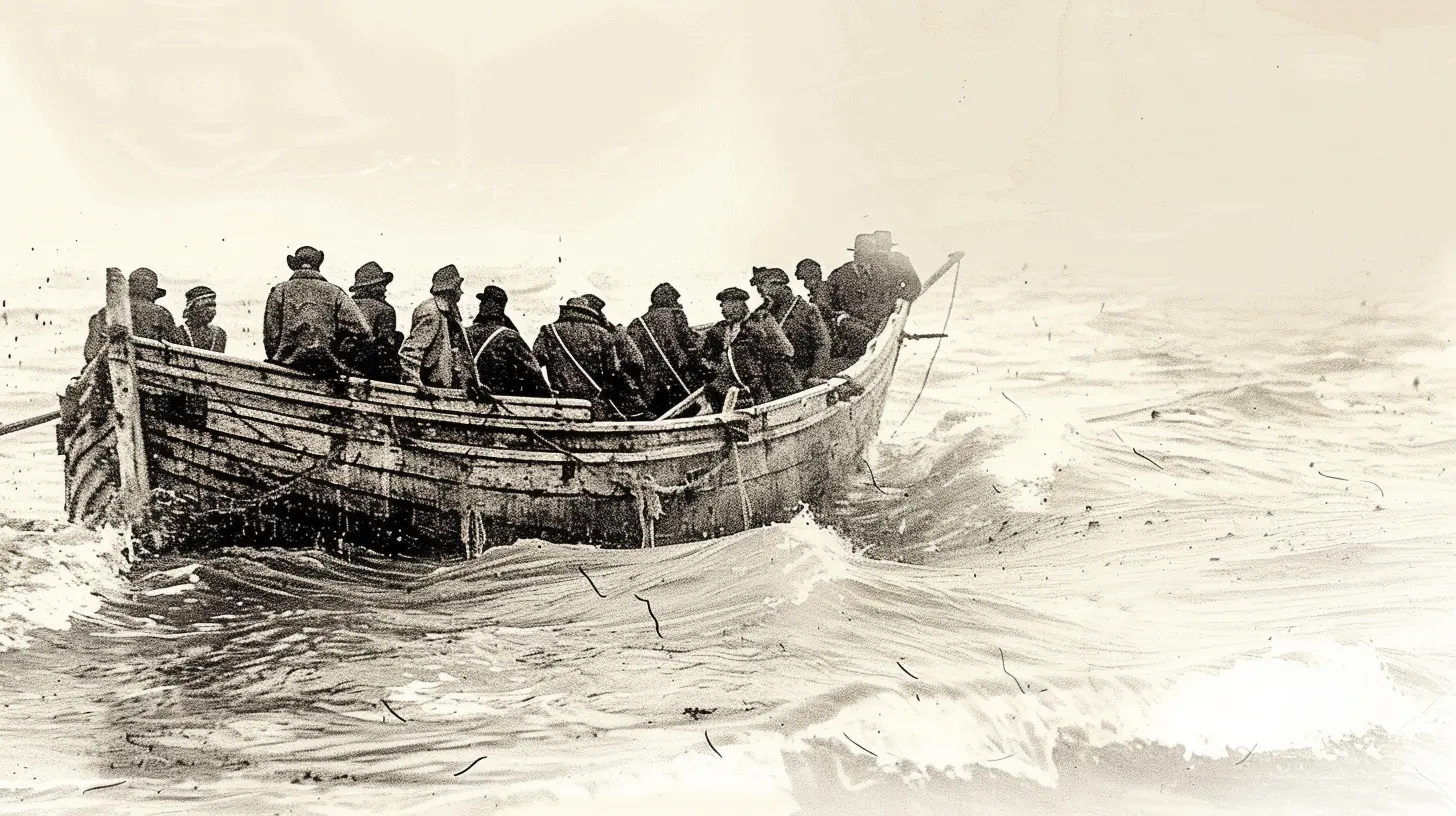
Modern-Day Slavery: Does It Still Exist?
Unfortunately, slavery didn't completely disappear—it just changed forms. Today, millions of people worldwide are still trapped in forced labor, human trafficking, and indentured servitude.- Human Trafficking: Many individuals, particularly women and children, are trafficked across borders for forced labor or sexual exploitation.
- Debt Bondage: In some countries, people are forced to work to repay debts they can never realistically escape from.
- Child Labor: Many children are still forced to work in harsh conditions, often in industries like agriculture and mining.
Conclusion: A Legacy That Still Affects Us
The history of slavery is deeply embedded in the world’s past, and its effects still shape societies today. From racial inequalities to economic disparities, the scars of slavery remain visible. Understanding this history is crucial—not just to acknowledge past injustices but to prevent modern-day slavery from continuing.Slavery may be outlawed in most of the world, but the fight for true freedom and equality is far from over. By staying informed, supporting anti-slavery initiatives, and advocating for human rights, we can continue the work of those who fought for justice centuries ago.
all images in this post were generated using AI tools
Category:
History LessonsAuthor:

Zoe McKay
Discussion
rate this article
7 comments
Selene Phelps
This article provides crucial insight into the complexities of slavery's history, highlighting its global and enduring impact.
May 10, 2025 at 10:31 AM

Zoe McKay
Thank you! I'm glad you found the article insightful and valuable in understanding the complex legacy of slavery worldwide.
Natalie Allen
Slavery is a horrific stain on human history, reflecting humanity's darkest impulses. Understanding its global legacy is essential—not just for acknowledgment, but for accountability and healing. Ignoring this past perpetuates ignorance; confronting it empowers us to foster a more just and equitable future.
April 19, 2025 at 9:03 PM

Zoe McKay
Thank you for highlighting the crucial importance of confronting our history. Acknowledging the legacy of slavery is vital for accountability and fostering a more just future.
Jocelyn Bell
This article provides a comprehensive overview of slavery's complex history worldwide, highlighting its varied forms, economic impact, cultural implications, and the ongoing struggle for justice and remembrance.
April 13, 2025 at 7:34 PM

Zoe McKay
Thank you for your feedback! I'm glad you found the article comprehensive and insightful.
Kaitlyn Sanders
This article provides a crucial and comprehensive overview of slavery's complex history, highlighting its global impact and ongoing repercussions today.
April 13, 2025 at 4:29 AM

Zoe McKay
Thank you for your insightful feedback! I'm glad you found the article comprehensive and relevant to today's discussions.
Xander Thornton
Ever wonder if history books are just time machines? Buckle up as we travel through centuries of human resilience and peculiar power dynamics—strap in, it’s going to be a wild ride!
April 10, 2025 at 6:33 PM

Zoe McKay
Absolutely! History books allow us to traverse time, uncovering the complex narratives of resilience and power that have shaped our world, including the critical story of slavery. Let’s explore these vital lessons together.
Nathan McVeigh
Essential reading for understanding systemic inequalities throughout history.
April 10, 2025 at 10:19 AM

Zoe McKay
Thank you! I'm glad you found it valuable for understanding these important issues.
Rivera Navarro
This article offers a valuable overview of slavery's complex history, highlighting its global implications and enduring legacy. However, it could further emphasize the voices of those enslaved, integrating personal narratives to humanize the statistics. A deeper exploration of contemporary repercussions could also enhance our understanding of modern inequalities rooted in this historical context.
April 8, 2025 at 6:26 PM

Zoe McKay
Thank you for your insightful feedback! I appreciate your suggestion to include personal narratives and contemporary connections. I'll consider these elements for future revisions to deepen the analysis.
MORE POSTS
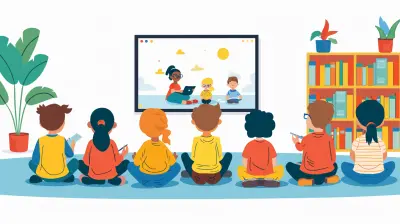
How to Use Digital Storytelling in Virtual Classrooms

The Importance of Social-Emotional Learning in Health Education

How to Make Virtual Classrooms More Inclusive and Diverse

How Peer Tutoring Promotes Social and Emotional Learning

The Shift to Hybrid Learning Models: Best Practices and Tools

Effective Strategies for Teaching in Multilingual Classrooms